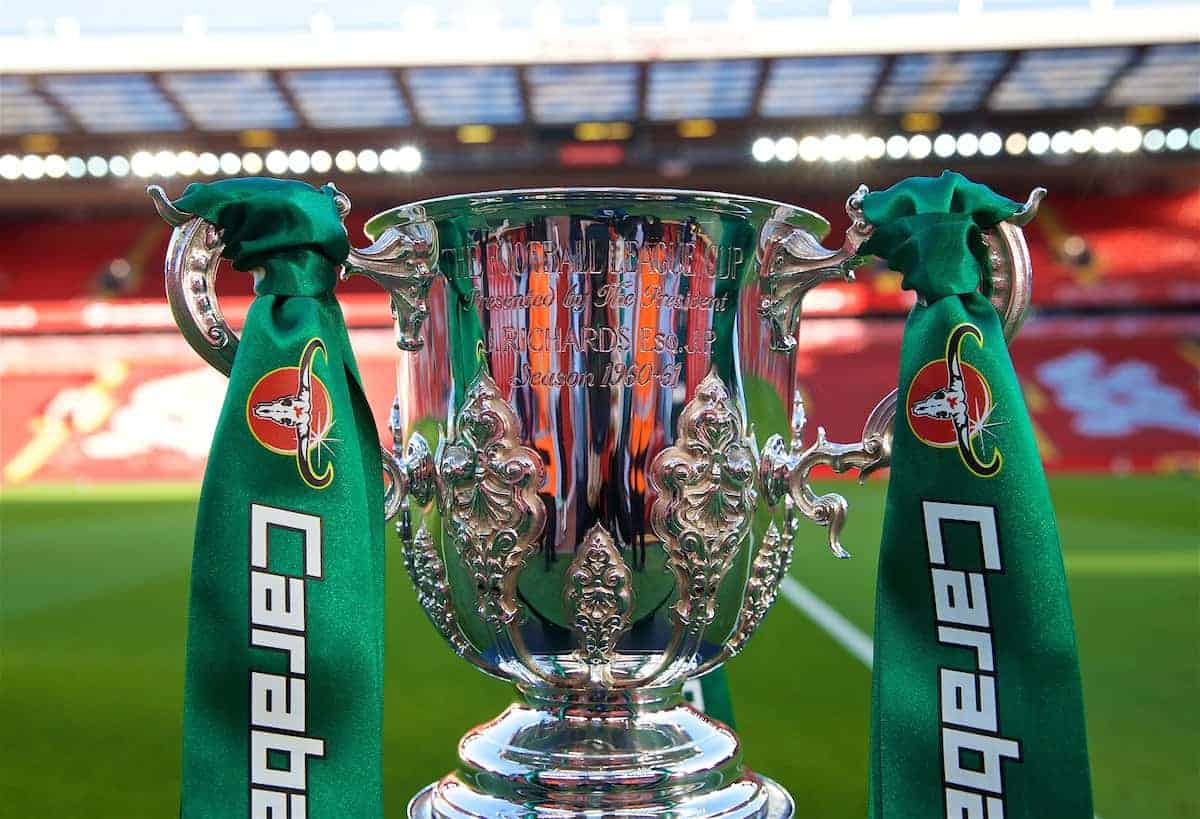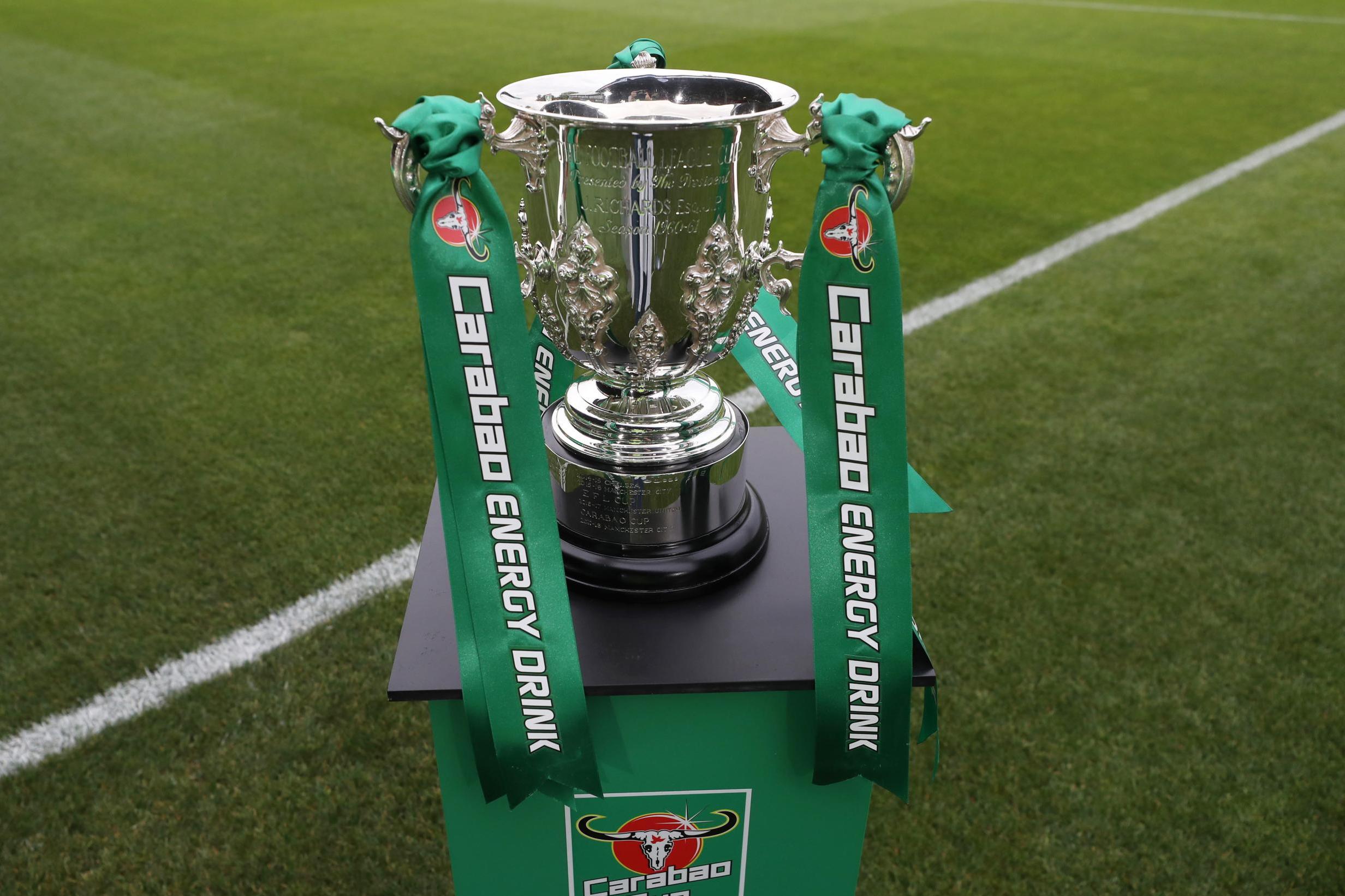The League Cup, a cornerstone of English football, boasts a rich history filled with dramatic matches, legendary players, and evolving tactical strategies. From its humble beginnings to its current status, the competition has shaped the landscape of domestic football, providing a platform for rising stars and offering thrilling contests for fans.
This exploration delves into the League Cup’s evolution, highlighting key moments, memorable games, and the impact of influential managers and players. We’ll analyze tactical shifts, examine its role in player development, and assess its cultural significance within the broader football community. The competition’s influence extends beyond the pitch, impacting team dynamics, finances, and the overall fan experience.
The League Cup: A History and Analysis
The League Cup, also known as the EFL Cup, holds a significant place in English football history. Its evolution reflects the changing dynamics of the sport, from its humble beginnings to its current status as a valuable competition for clubs across the English Football League.
The Evolution of the League Cup
Established in 1960 as the Football League Cup, the competition initially aimed to provide more competitive matches for lower-league teams. Its early years saw a gradual increase in participation and prestige, attracting more established clubs. Key moments include the introduction of two-legged semi-finals in 1967 and the shift to a single-leg semi-final format in 1990. Memorable matches like the 1967 final between Queens Park Rangers and West Bromwich Albion, a thrilling 3-2 victory for QPR, highlighted the competition’s capacity for producing dramatic encounters.
The transition to the EFL Cup branding reflected the evolving sponsorship landscape and the broader changes within English football governance.
You also can investigate more thoroughly about 2006 07 league one table to enhance your awareness in the field of 2006 07 league one table.
| Feature | Early Years (1960s-1970s) | Modern Format (2000s-Present) |
|---|---|---|
| Format | Mostly single-leg matches, two-legged semi-finals introduced later. | Group stage for some teams, followed by single-leg knockout matches. |
| Participation | Primarily Football League clubs. | All 92 EFL and Premier League clubs. |
| Prize Money | Relatively low. | Substantially increased, providing significant financial incentives. |
| Media Coverage | Limited television coverage. | Extensive television and digital coverage. |
Notable Teams and Players
/origin-imgresizer.eurosport.com/2019/10/31/2707566-55973350-2560-1440.jpg)
Liverpool holds the record for the most League Cup titles, demonstrating consistent success in the competition. Other dominant teams include Manchester City, Aston Villa, and Manchester United, showcasing the breadth of talent and managerial expertise that has shaped the competition. Legendary players such as Alan Shearer, who scored many goals in the competition, have left their mark, showcasing individual brilliance within the team’s overall success.
- Alan Shearer: Holds the record for most League Cup goals with 21 goals. His prolific scoring record made him a constant threat.
- Robbie Fowler: Known for his clinical finishing, Fowler scored crucial goals for Liverpool in several League Cup campaigns.
- Peter Beardsley: A versatile attacking midfielder, Beardsley was instrumental in Liverpool’s League Cup successes.
Tactical Approaches and Strategies
The League Cup has witnessed a range of tactical approaches, reflecting broader trends in football. Early years saw a more pragmatic style, often prioritizing defensive solidity. The modern era features more fluid formations and attacking strategies, influenced by the rise of possession-based football and tactical innovations. Successful teams have adapted their strategies to the opposition, demonstrating tactical flexibility as a key to success.
| Era | Dominant Formation | Tactical Emphasis | Example Team |
|---|---|---|---|
| 1960s-1970s | 4-4-2 | Defensive solidity, counter-attacking | Leeds United |
| 1980s-1990s | 4-4-2, 4-3-3 | Wing play, set-pieces | Liverpool |
| 2000s-Present | 4-3-3, 3-4-3 | Possession-based football, high pressing | Manchester City |
The League Cup’s Impact on Domestic Football

The League Cup plays a crucial role in player development. It provides opportunities for younger players and those on the fringes of first teams to gain valuable experience. Positive results can boost team morale and confidence, positively impacting performance in other competitions. Winning the League Cup provides significant financial rewards, boosting club revenue and stability.
The Fan Experience and Cultural Significance, The league cup
League Cup matches create a vibrant atmosphere. The passionate support from fans, particularly in local derbies, contributes to the unique cultural significance of the competition. The sights, sounds, and emotions of a typical matchday – the roar of the crowd, the chants echoing through the stadium, the nervous energy before a crucial penalty, the collective joy or despair at the final whistle – all combine to create a memorable experience.
The thrill of unexpected upsets and the chance to see promising young talent up close make the League Cup a cherished competition for many fans.
Comparing the League Cup to Other Competitions
The League Cup’s prestige is generally considered lower than the FA Cup or the Premier League, but it still holds significant value. Its format differs from other domestic cup competitions in terms of participant numbers and structure. Compared to similar competitions internationally, like the Copa del Rey in Spain or the Coupe de France in France, the League Cup occupies a similar position in the domestic football landscape, offering a blend of competitive football and opportunities for development.
| Competition | Country | Prestige | Format |
|---|---|---|---|
| League Cup | England | Medium | Knockout, group stage for some teams |
| FA Cup | England | High | Straight knockout |
| Copa del Rey | Spain | Medium-High | Knockout |
| Coupe de France | France | Medium-High | Knockout |
The League Cup stands as more than just a tournament; it’s a vibrant tapestry woven from years of compelling narratives, unforgettable moments, and the enduring passion of fans. Its legacy is cemented not only in the records of triumphant teams and players but also in the collective memory of those who have witnessed its drama unfold. The competition’s continued evolution ensures its place as a significant part of English football’s story for years to come.

